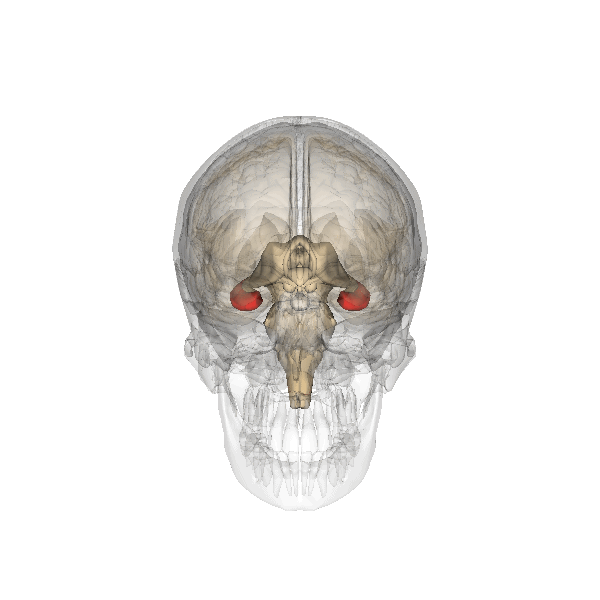Member-only story
The Strange Reason Taxi Drivers Rarely Get Alzheimer’s Disease
And why you should turn off your GPS

We still don’t know exactly what causes Alzheimer’s disease. We know there are certain genetic and environmental risk factors, and of course we know what the brain pathology looks like — with the characteristic amyloid plaques and neurofibrillary tangles. We know that it is progressive and, barring death from another cause, fatal. Some medications have been developed, though the track record for success is pretty poor. It seems like perhaps the best way to treat Alzheimer’s disease is to never develop it in the first place. But do we even know how to prevent it?
A new clue to that particular puzzle comes this week from a most unlikely source — taxi drivers. But I can’t explain why taxi drivers seem to be protected from Alzheimer’s disease, without first talking about the Hippocampus.
Deep in the brain, on the floor of the lateral ventricles and abutting the medial temporal lobe, you’ll find these structures which 16th century anatomists thought looked something like a seahorse — hence hippocampus from the Latin.

This part of the brain is critical for converting short term memories into long-term ones. If you’ve seen the Christopher Nolan film-noir Memento you have an idea of what a problem with the hippocampus can look like. For a real life example, we need look no further than to Henry Molaison — a Connecticut native with severe epilepsy who had both hippocampi removed surgically and subsequently lost the ability to form new memories. It’s a fascinating story and one that gave real insight into a complex bit of brain functioning.
The other main function of the hippocampus is in forming spatial memories: our ability to navigate in a complex way.
And the hippocampus is inextricably linked to Alzheimer’s Disease. It is the first brain structure that starts to deteriorate in the disease — leading to the characteristic early symptoms — poor memory, and spatial disorientation.
